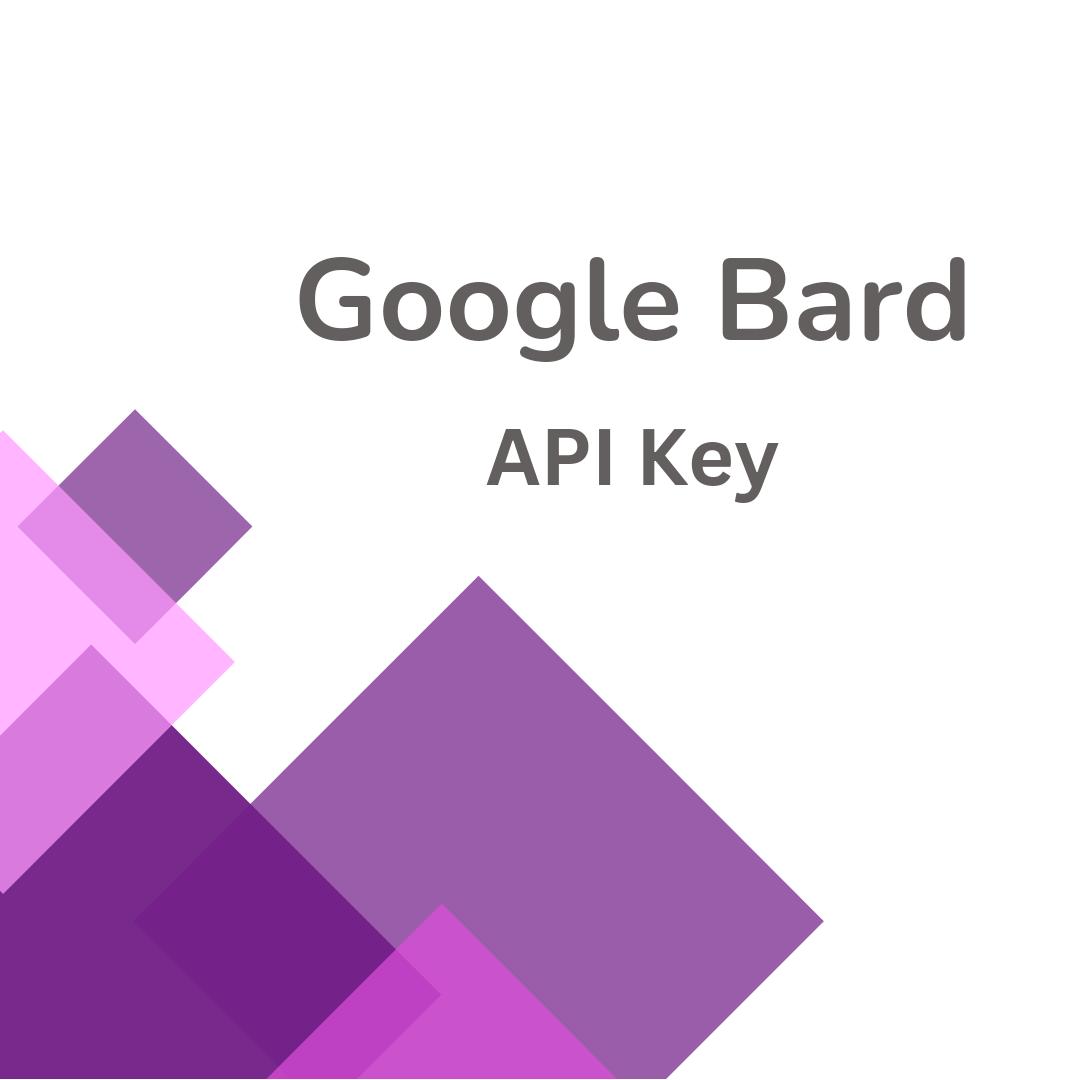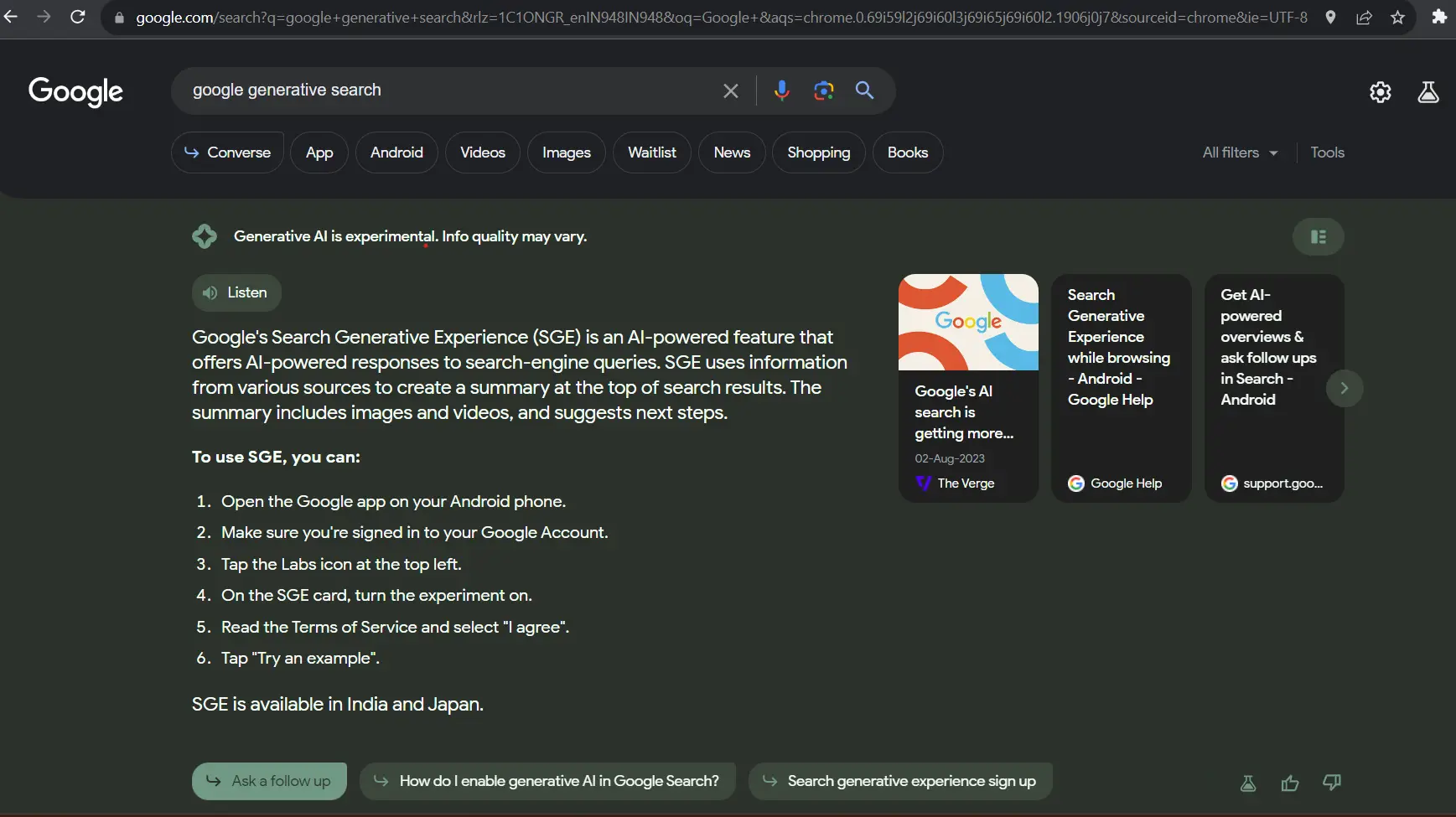Microsoft has officially joined an exclusive group of tech giants subject to Germany’s special abuse control regime, marking a significant step in the country’s regulatory approach towards Big Tech. The Federal Cartel Office (FCO), Germany’s competition authority, confirmed the designation on Monday, signaling that Microsoft’s market power and influence, particularly around its AI activities, will be closely monitored for the next five years. This move aligns Microsoft with other industry titans like Amazon, Apple, Google, and Meta, all of whom are already under similar scrutiny in Germany.
Why Microsoft's Designation Matters
The FCO’s decision is rooted in Germany’s updated antitrust rules, which give the regulator proactive powers to intervene if it believes a company’s activities are hampering competition across markets. While Microsoft is not immediately facing any specific sanctions, the FCO made it clear that it could impose restrictions if necessary. The designation is important because it allows the FCO to closely monitor Microsoft’s activities, especially around generative AI.
Microsoft's Influence and the OpenAI Connection
In recent years, Microsoft has deepened its involvement with OpenAI, the creator of ChatGPT, further drawing the attention of antitrust regulators. This relationship came into the spotlight when Microsoft briefly hired OpenAI’s CEO, Sam Altman, and other key staff during a board dispute in late 2023. While Altman returned to OpenAI, the episode underscored the close ties between the two companies, with Microsoft even securing a seat as a board observer at OpenAI, although it relinquished the position this summer.
In November 2023, the FCO investigated the Microsoft-OpenAI relationship but concluded that it didn’t meet the threshold for a traditional merger review. However, with the new proactive regulatory powers granted to the FCO under Germany’s 2021 antitrust reforms, the Microsoft-OpenAI partnership could come under closer scrutiny moving forward.
Learn more about OpenAI's rise and impact in tech. OpenAI official page
How Germany’s Rules Differ from the EU’s Digital Markets Act
The German regime differs from the European Union's Digital Markets Act (DMA) in key ways. While the DMA applies to specific platforms, such as Microsoft’s Windows operating system and LinkedIn, the FCO’s designation applies to Microsoft as a whole. This broader scope gives the German authority greater flexibility to impose operational controls, especially in areas where AI and cloud computing intersect with competition issues.
As AI becomes a more central element of Microsoft’s ecosystem, the FCO’s president, Andreas Mundt, emphasized how the company's long-standing software dominance is now reinforced by its cloud services and AI offerings. Microsoft’s ability to enter partnerships with “highly innovative suppliers,” while integrating AI models into its own products, plays a crucial role in its market strength.
For more details on the DMA and its regulations, visit the European Commission page
What’s Next for Microsoft in Germany?
The FCO began investigating Microsoft’s potential market power in March 2023, and the recent confirmation that Microsoft holds paramount significance for competition across markets unlocks a range of powers for the German regulator. These powers allow the FCO to act preemptively if it finds that Microsoft’s activities particularly in AI and cloud computing are stifling innovation or competition.
The FCO’s proactive role in regulating Big Tech is not limited to Microsoft. Other tech giants, such as Apple, Google, and Meta, are already subject to similar controls under German law. However, Microsoft’s designation is significant because of the rapidly growing role of AI in its business model, with services like Copilot becoming integral to its product offerings.
The FCO’s designation does not immediately result in restrictions or penalties for Microsoft, but it gives the authority the ability to intervene at any time over the next five years if it deems the company’s actions anti-competitive.
Microsoft’s Response
Reacting to the FCO’s decision, Microsoft’s spokesperson, Robin Koch, emphasized the company’s commitment to fostering a competitive environment in Germany. “We recognize our responsibility to support a healthy competitive environment, and we will strive to be proactive, collaborative, and responsible in working with the Bundeskartellamt [FCO],” Koch said. He also noted Microsoft’s continued investment in partnerships with Germany’s innovative companies and its dedication to the growth of the country’s digital economy.
Conclusion
Germany’s decision to place Microsoft under its special abuse control regime underscores the growing importance of AI and cloud computing in regulating Big Tech. As the influence of generative AI tools like Copilot and ChatGPT expands, regulators are increasingly focused on ensuring that market power does not stifle competition or innovation. With the FCO’s new powers, Microsoft’s activities in AI, particularly its partnership with OpenAI, will be under closer watch in the coming years.
Germany’s proactive stance on tech regulation offers a preview of what may come as other global regulators, including those in the EU and the US, continue to grapple with Big Tech’s growing influence. The next few years will be critical in shaping how companies like Microsoft navigate this evolving regulatory landscape.
For more information about Microsoft's AI products, visit Microsoft's official AI page.









Add a Comment: